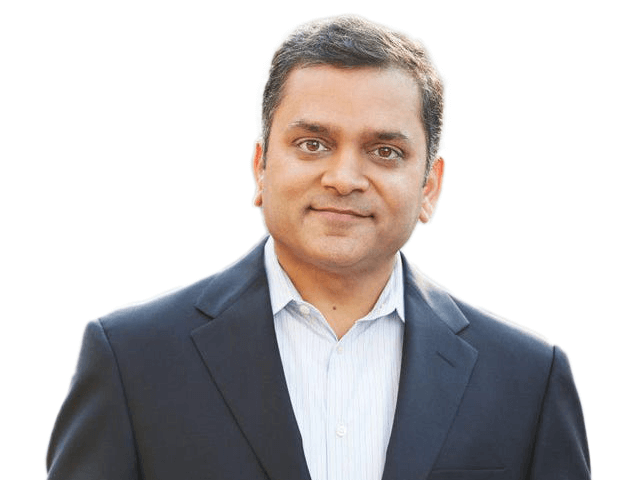Accountability Feedback & Coaching Leadership Style Risk & Resilience
Bountiful Positivity
Tarang Amin
10.25.21
When Tarang Amin was running the Bounty business at P&G, a newspaper put out a hit piece on his work. Rather than reacting with anger and defensiveness, he took a step back and wrote a piece acknowledging all that was right in the piece. This moment allowed him to move the business forward after all the dust settled.
Summary:
When Tarang Amin was running the Bounty business at P&G, a newspaper put out a hit piece on his work. Rather than reacting with anger and defensiveness, he took a step back and wrote a piece acknowledging all that was right in the piece. This moment allowed him to move the business forward after all the dust settled.
Thuy

Tarang Amin
Thuy

Tarang Amin
Thuy

Tarang Amin
Thuy




